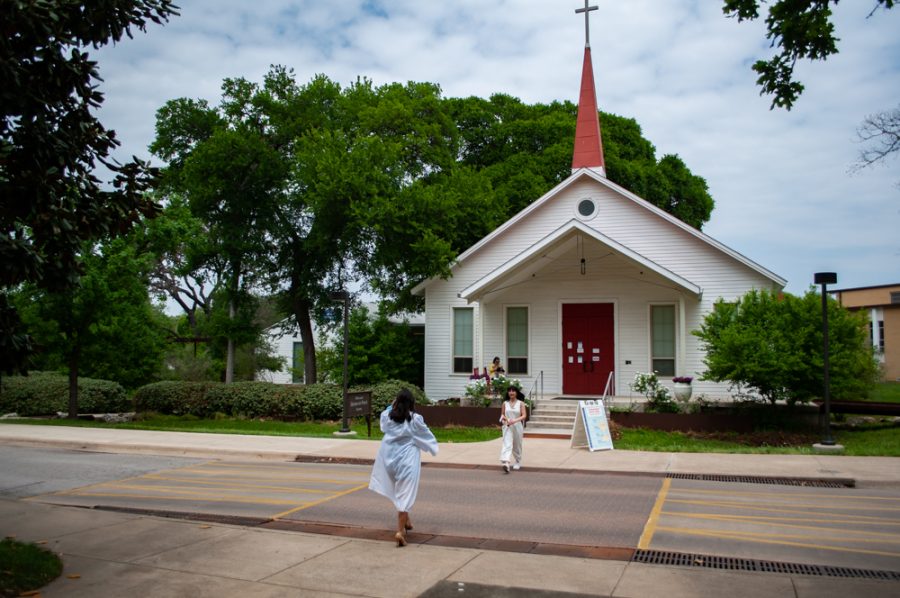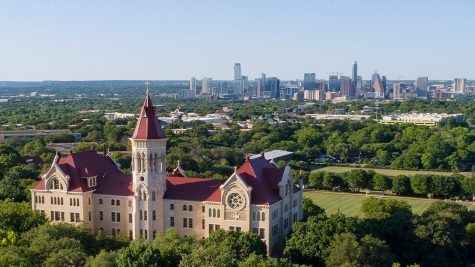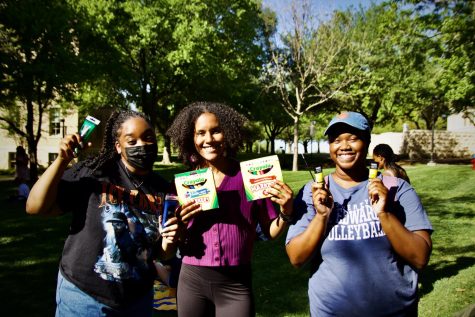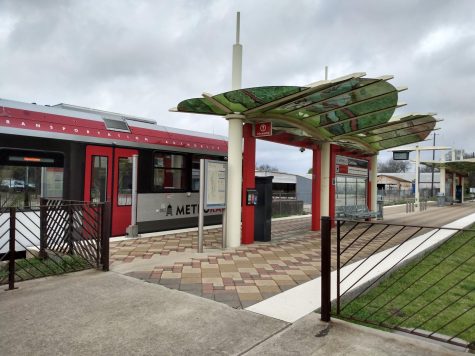Civics lab urges University for free bus passes, access to ride share and small electric vehicles
The Civics Lab at St. Edward’s University urges the university to implement three key policy changes to affordable and sustainable transportation. These recommendations engage smarter and more readily available methods of transportation to cut back on air pollution and improve the day-to-day lives of our campus community.
First, the university should issue free bus passes for students, faculty and staff living off-campus. Free bus passes are available to the university’s on-campus students. University of Texas and Austin Community College offer free bus passes for all of their students. St. Edward’s should do the same. Bus passes will supply a consistent and eco-friendly alternative for a daily commute to and from St. Edward’s. Want to reduce carbon dioxide emissions and cars on campus? Issue free bus passes, then work to promote using the bus through incentives and events on campus.
Second, our campus needs a bike-sharing program for getting across campus and the immediate surrounding area. There are multiple universities and city-wide programs that promote this method of healthy transportation. We believe the university should invest in having a bike-sharing program of some kind, whether by the school itself or in conjunction with the city of Austin, to promote a sustainable method of transportation.
“I think bike-sharing would benefit our campus because it allows more accessibility for people to get to where they want to go and get to class much faster,” said Melissa Gunning, a sophomore at St. Edward’s. A bike share program will benefit the St. Edward’s community and will advance the University’s commitment to sustainability.
Third, the university needs to improve campus scooter and small electric vehicle access. The campus needs at least two or three EV corrals to give our community access to small electric vehicles. These EV corrals should also come with unlocking the perimeter of the campus for dropping off and gaining access to scooters. There are also multiple companies that provide transportation services outside of bike sharing, but those companies are locked out of the campus and the immediate perimeter for students to use the vehicles.
“I’ve experienced firsthand how the perimeter lock on shared bikes and small EV can be a deterrent to this form of transportation,” said David Thomason, an associate professor of political science at St. Edward’s. “It would be nice if we could use this technology while on campus.” The university should be pursuing a way to dock scooters closer to campus and provide greater accessibility for students without vehicles and those who want to travel in a sustainable manner.
We have outlined several potential courses of action that St. Edward’s University needs to take for affordable, accessible and sustainable transportation. Addressing the disparities in transportation access among students should be a priority for the university, and we believe that the university should pursue sustainable transportation opportunities for all people affiliated with St. Edward’s University. Let us work together in imagining and creating a green campus that reduces the cars commuting each day.
About us: The Civics Lab at St. Edward’s University is a political science course that identifies and solves important public policy challenges by seeking to influence the political, social, economic, and religious institutions that create avenues and obstacles for a free and equal society.












